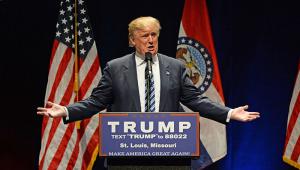Its Political connections and tariff evasion report, published late last week, examined the practice of paying artificially low duties by falsifying the prices paid for imports, especially for goods attracting higher duties. The bank’s investigation uncovered a wider than average shortfall among companies with strong connections to the regime of ousted Tunisian president Zine El Abidine Ben Ali.
The report said prices of imports were “underreported” between 2002 and 2009, allowing the connected firms to evade import taxes amounting to billions of dollars.
Eileen Murray, World Bank country manager for Tunisia, said together the Ministry of Finance and the Bank have been preparing a set of customs reforms, to simplify procedures and make them more transparent.
These measures, she said “will boost exports and leave fewer opportunities for tariff evasion”.
To identify the tariff gaps the report compared exports from Tunisia’s trade partners with the value of imports reported at Tunisian customs.
Bob Rijkers, lead author of the report, added: “The fiscal losses we calculated are based strictly on the underreporting of prices, and do not factor in other forms of tax fraud such as underreporting the quantity of imports, or the bypassing of customs entirely through smuggling.”
He added: “The revolution has led to a decline in price underreporting by previously connected firms, but this has been coupled with a rise in tariff evasion among ordinary firms and an increase in informal trade.”
Tunisia’s former president Zine El Abidine Ben Ali was ousted in January 2011 as a result of the so-called Jasmine Revolution that began 18 December 2010.








